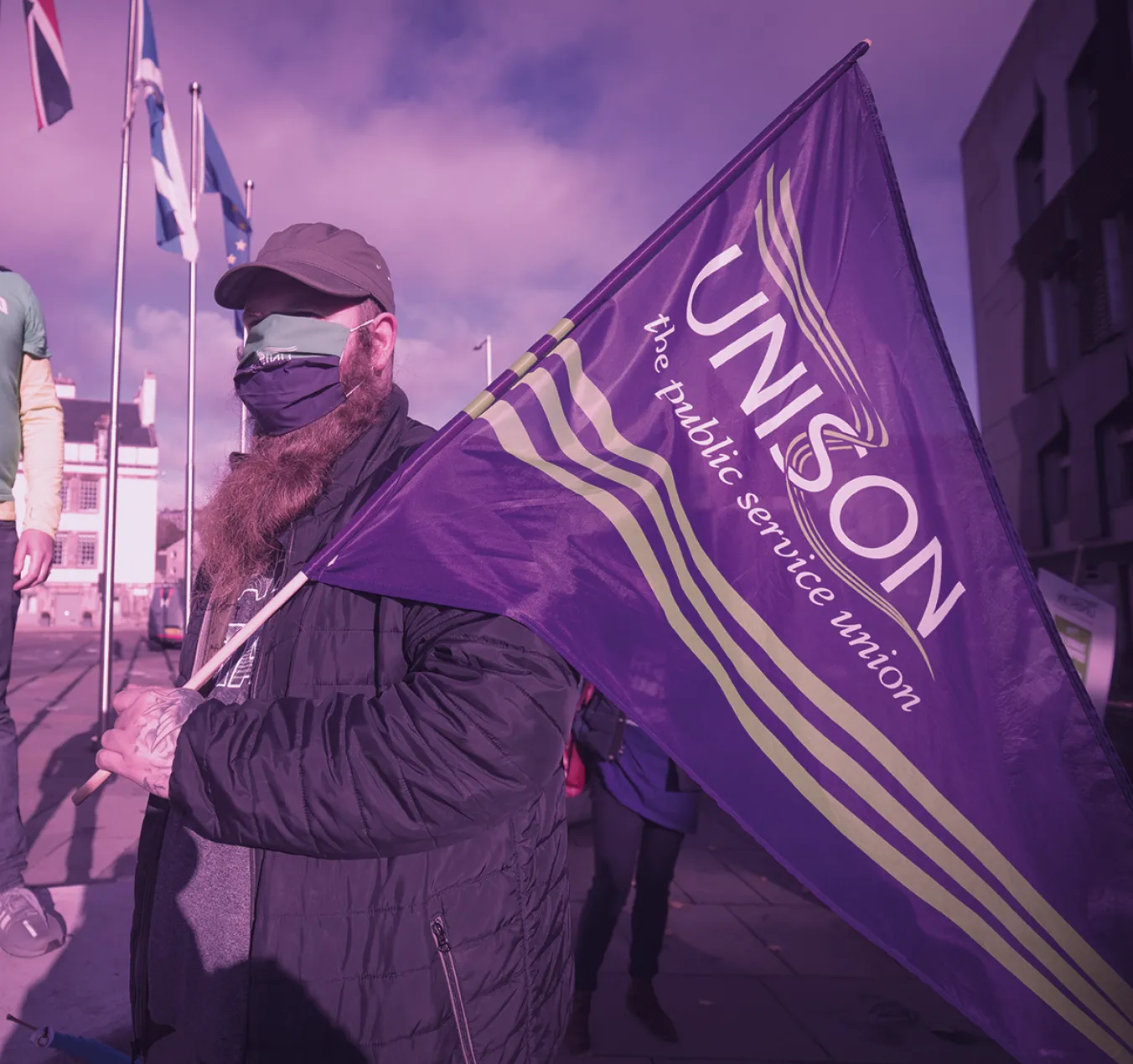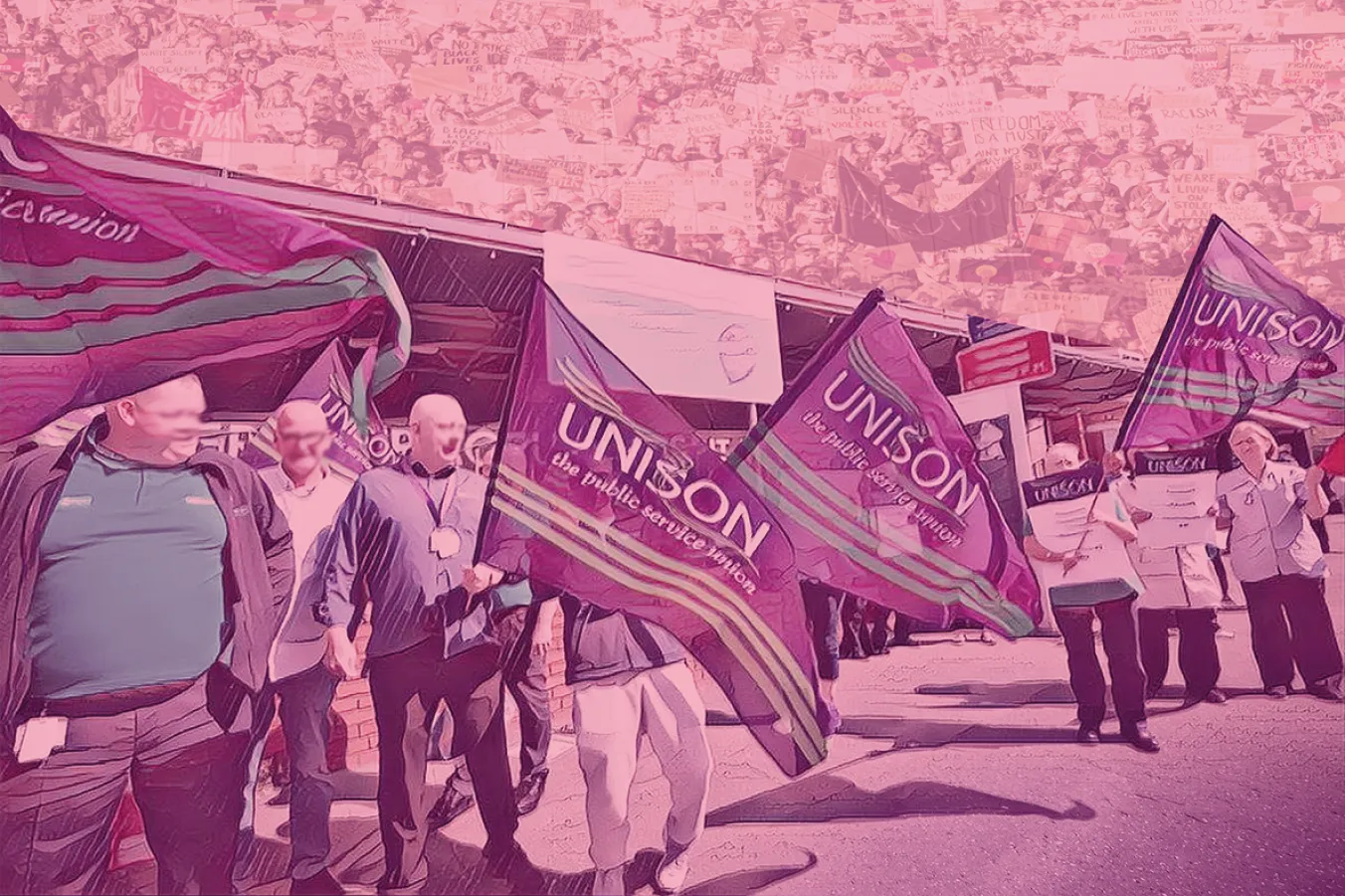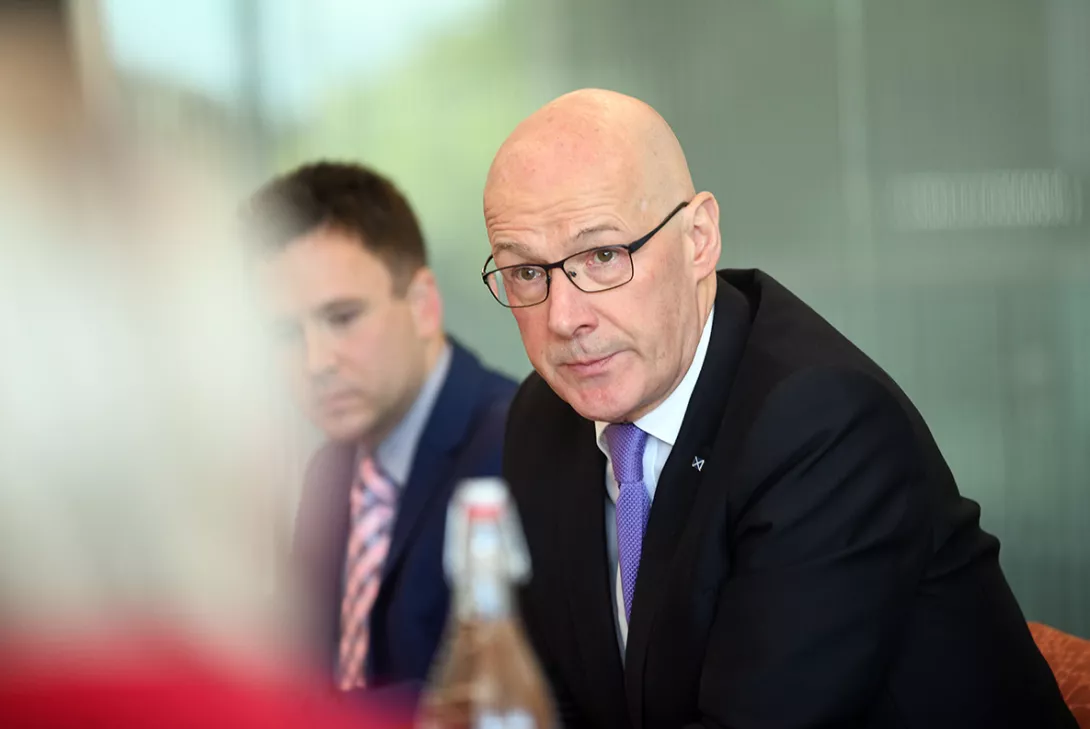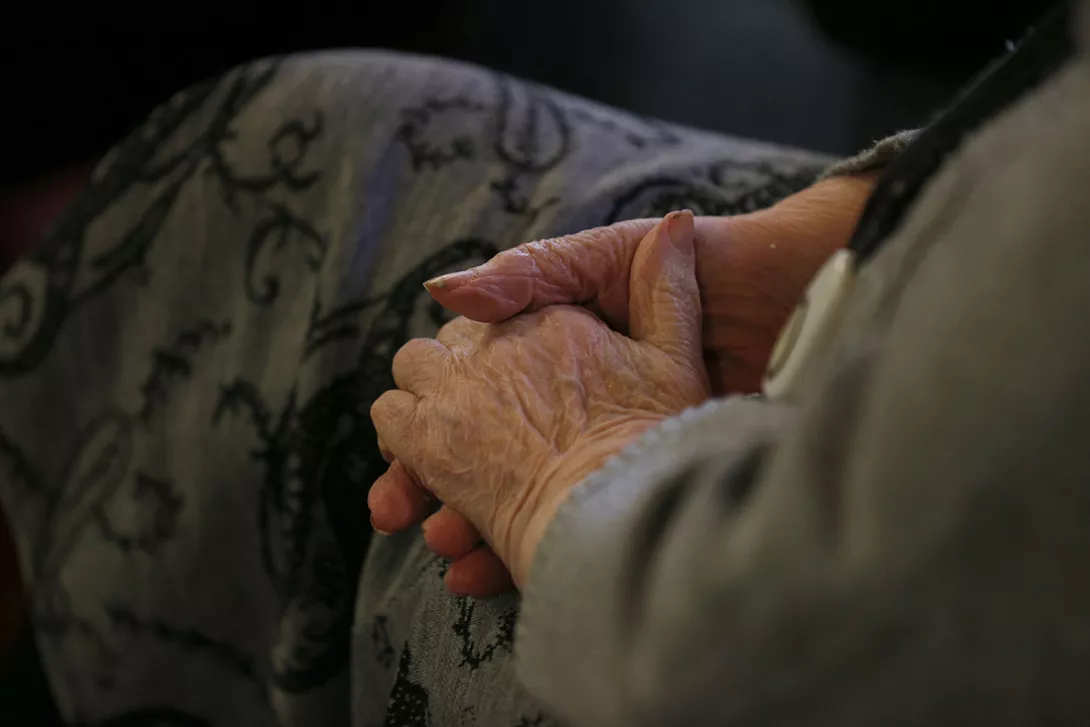The proxy war in Ukraine is heading to a denouement with the US and Russia dividing the spoils while the European powers stand bewildered by events they have been wilfully blind to, says KEVIN OVENDEN
Any National Care Service must be paid for with taxes
Scotland is looking at a groundbreaking extension of social provision — or is it? Unless this project is publicly funded and run, with the private equity firms and hedge funds kept out, it will be a step sideways at best, argues BRENDA AITCHISON

OH, isn’t it surprising how quickly the ruling elites forget about the challenges we have faced over the past two years? I am of course being sarcastic; it comes as no surprise at all.
While we are still in a pandemic, so many politicians and business leaders seem to want to gloss over the ongoing challenges. If we add to this the perfect storms of increased fuel costs, tax rises and record levels of inflation, it is not a great start to the new year for so many households across the country.
This is not the case for the elite few who have gained so much during the global pandemic. The recently published Oxfam report Inequality Kills makes for grim reading.
More from this author

With the Scottish government’s Budget day coming up in early December, BRENDA AITCHISON presses for public services to be properly funded at last after years of neglect and austerity

This year is the Unison Year of LGBT+ Workers, and this means all of us in the trade union movement must acknowledge the deepening challenges that are emerging in Britain and around the world, writes BRENDA AITCHISON

Unison local government committee member BRENDA AITCHISON explains why huge numbers of local government workers in schools will be taking strike action next week across Scotland

As we watch the cost-of-living crisis deepen and see full-time workers relying on foodbanks and charities, we are also witnessing the rapid growth of class consciousness and trade union action against poverty, writes BRENDA AITCHISON
Similar stories

With the Scottish government’s Budget day coming up in early December, BRENDA AITCHISON presses for public services to be properly funded at last after years of neglect and austerity

KATE RAMSDEN calls out the SNP’s political choices, citing STUC research showing billions could be raised through progressive taxation to fund vital social work and care — instead, we’re being threatened with more cuts

Unison has found that millions of pounds that should be invested in vital care services are being siphoned off by private equity groups — this has to end, warns JESS TURNER










